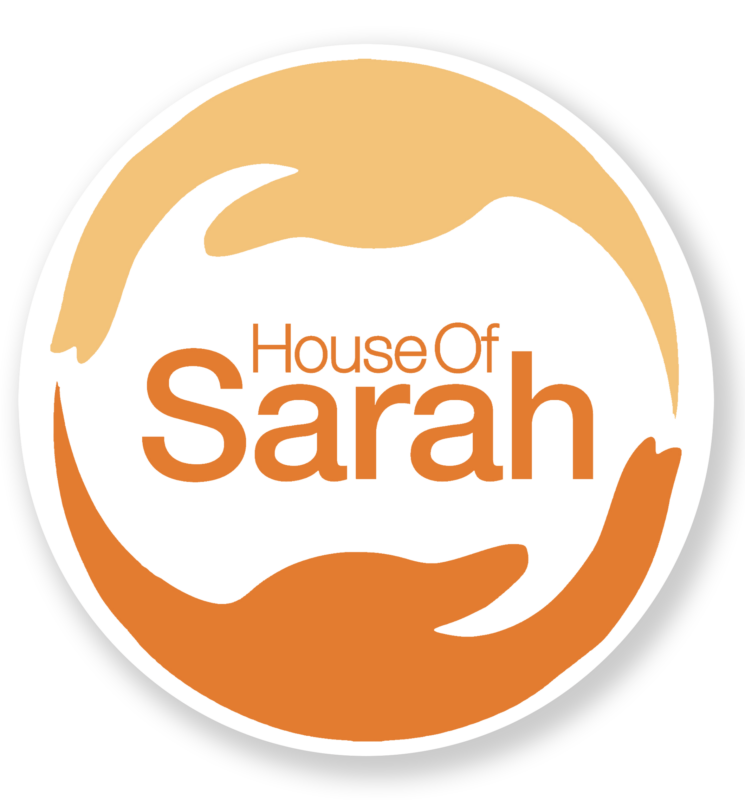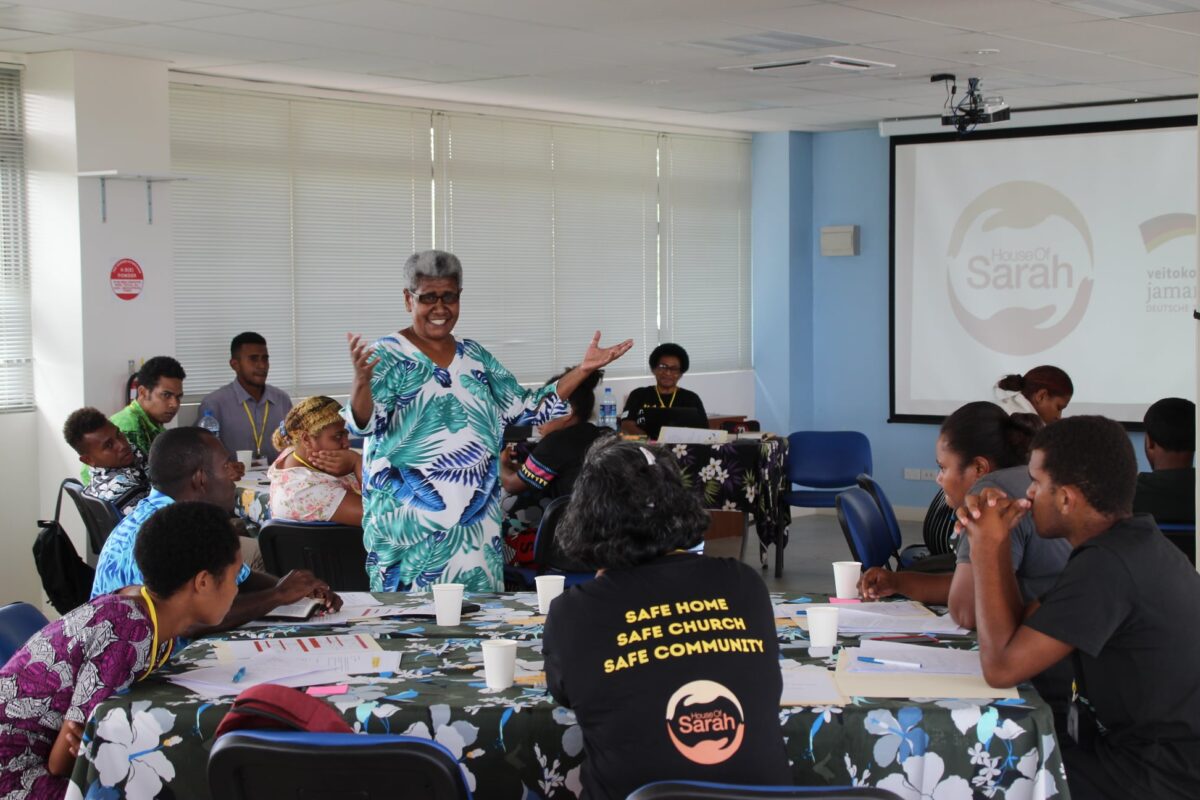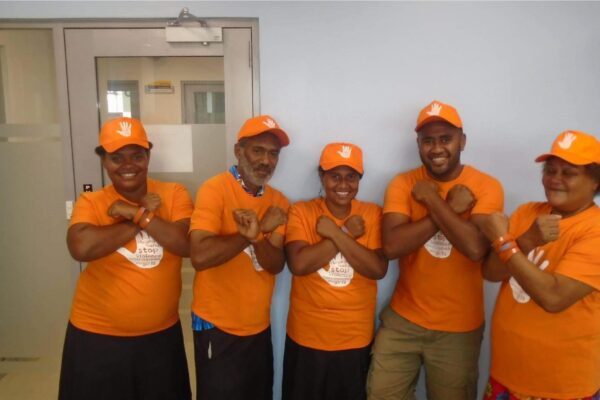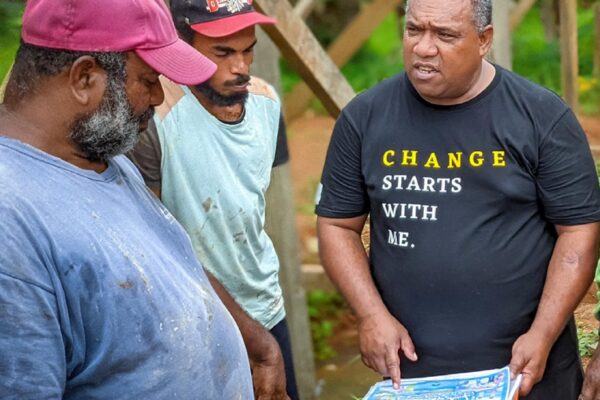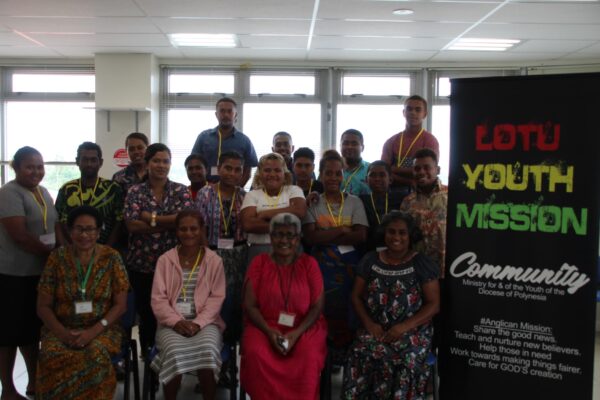The PVAWFFS project premised on the SASA! Faith (VAW) prevention model developed by Raising Voices, Uganda comprises 4 phases namely Start, Awareness, Support and Action. Each phase guides the faith community through a different stage of change, and each phase introduces a different kind of power.
The phases must be implemented in sequence to be effective with checklists to be met before proceeding on to the next one. Given the phased in approach, the PVAWFFS Project started in March, 2018 and is expected to be completed in June, 2022
Outcomes – overall, the 4 outcomes for change in the respective phases are:
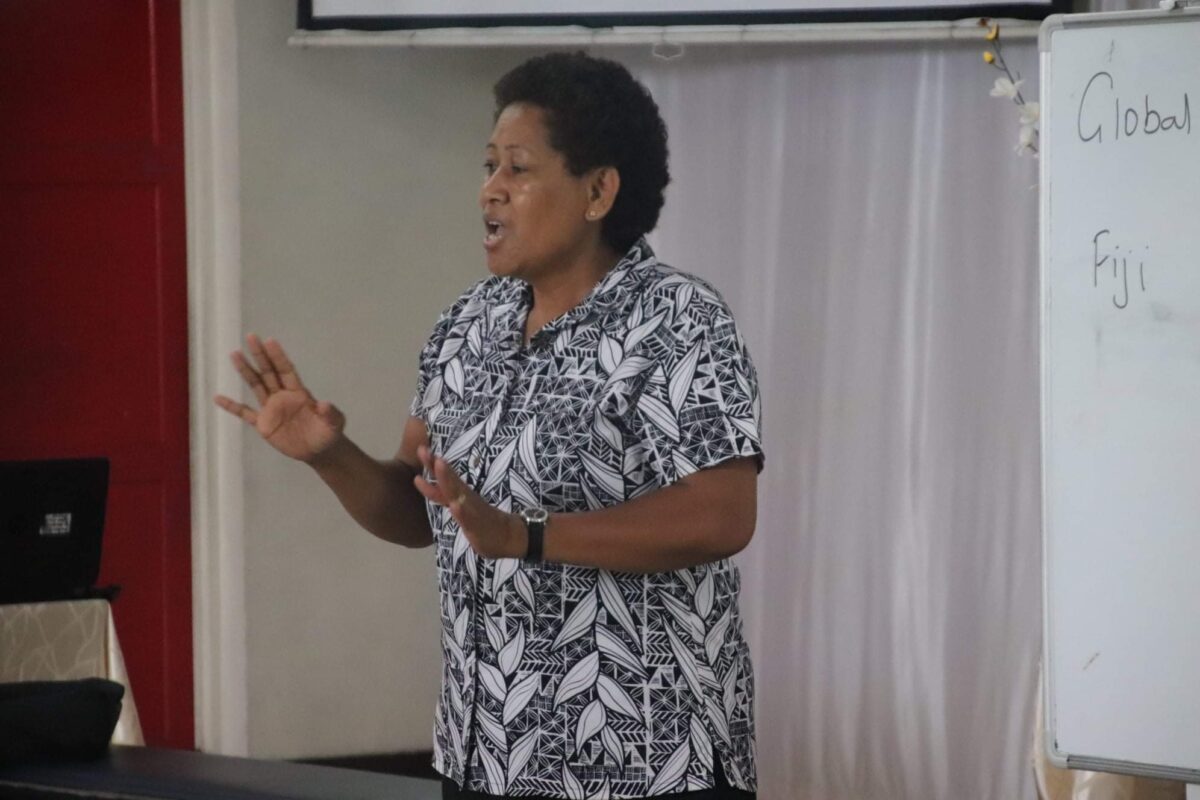
- Knowledge – Enabling people to learn new facts about violence against women.
- Attitudes – Enabling people to change their feelings and beliefs about violence against women by using the values of their faith.
- Skills – Enhancing what people know how to do.
- Behaviors – Influencing how people choose to act.1
Start Phase 1 of the SASA! Faith Approach Approximately 4–6 months
Objectives:
- Create the SASA! Faith Team and Network, including the engagement of key religious leaders.
- Identify community assets and services that could help with SASA! Faith.
- Train and enable the SASA! Faith Team and Network to feel the power within themselves.
- Make initial community connections, spreading the word about SASA! Faith.
Awareness Phase 2 of the SASA! Faith Approach Approximately 12–16 months
As the second stage of change, the Awareness phase is about engaging people in better understanding the problem.
In this phase, the PVAWFFS Team and the Faith Network around them engage the faith community to become aware of men’s power over women and how the faith community’s silence about this power imbalance perpetuates violence against women.
Objectives;
- Introduce an analysis of men’s power over women, and how this imbalance and the faith community’s silence about it is the root cause of violence against women.
- Spark personal reflection, critical thinking and public dialogue about how the imbalance of power between women and men in relationships, families and the faith community affects us all, and how change can benefit us all.
